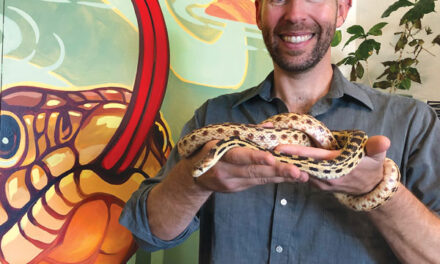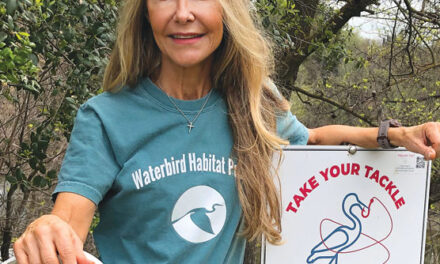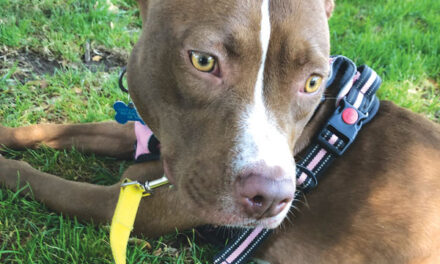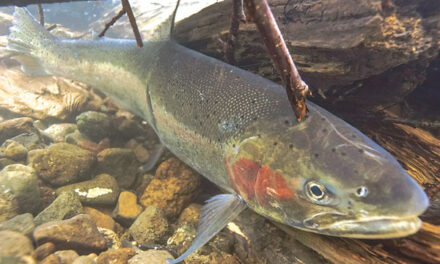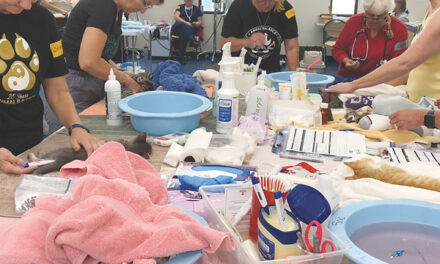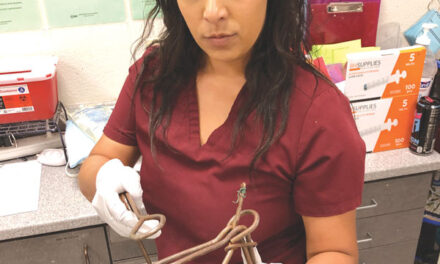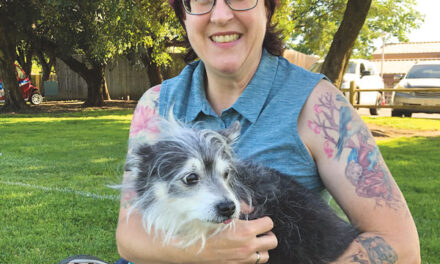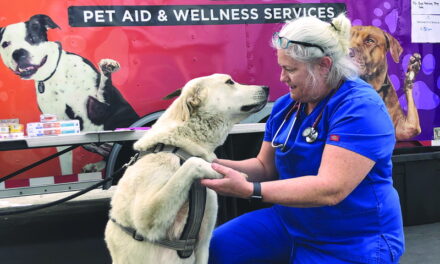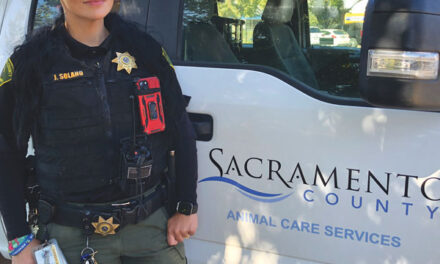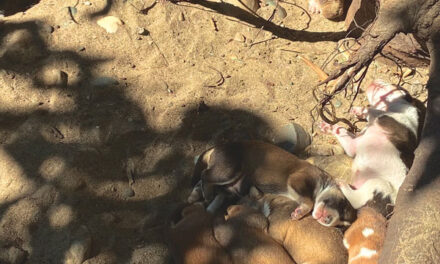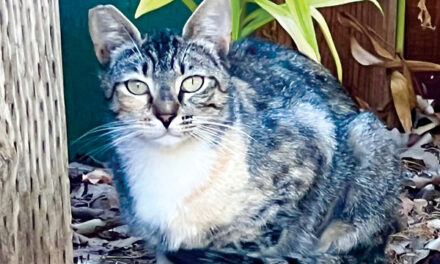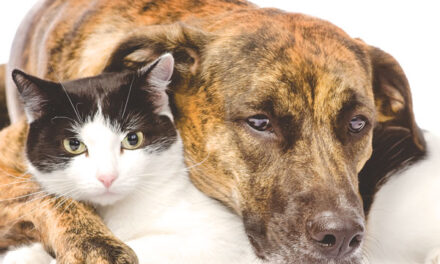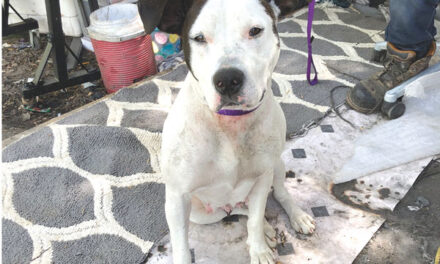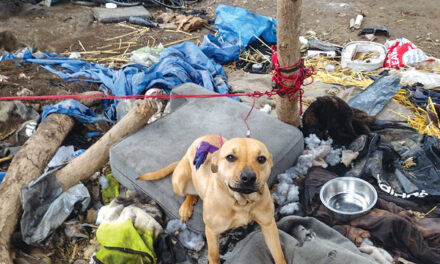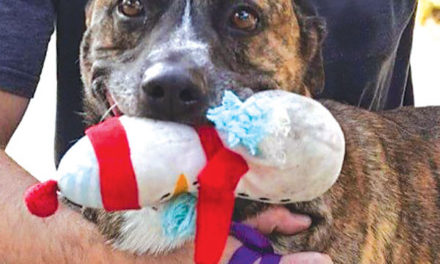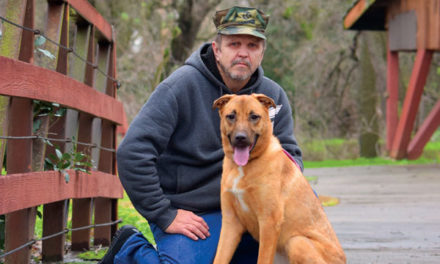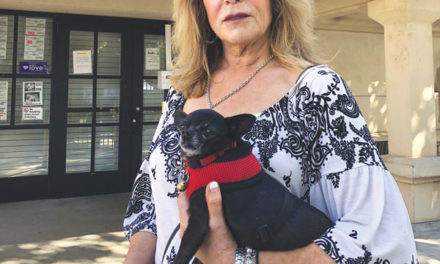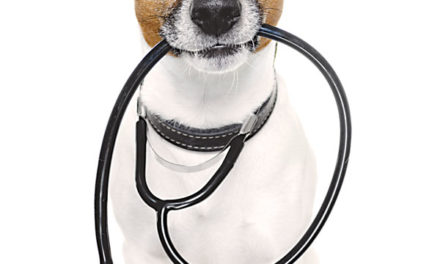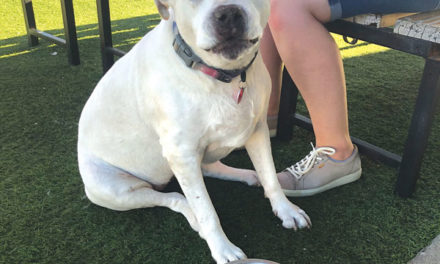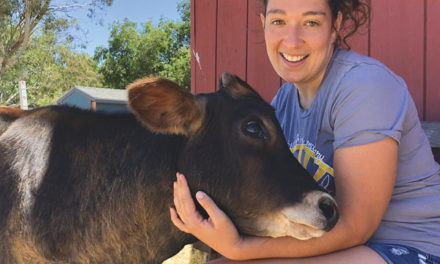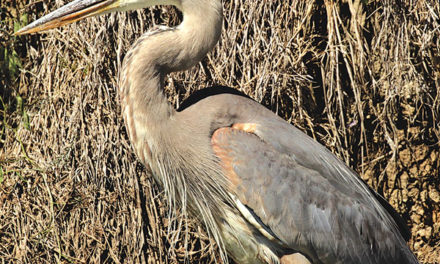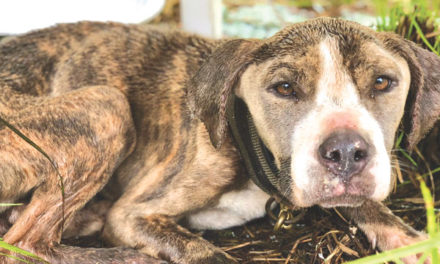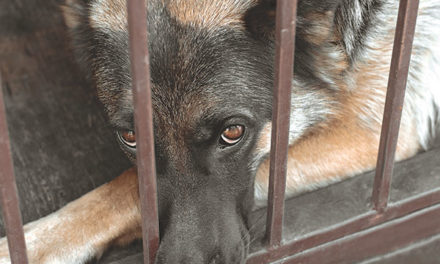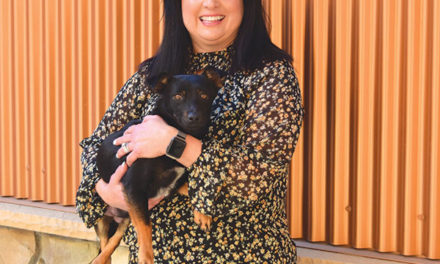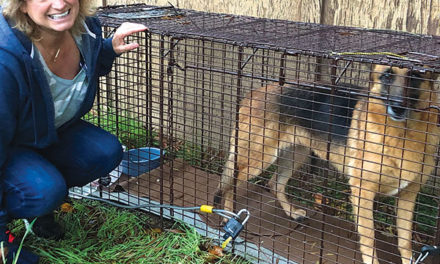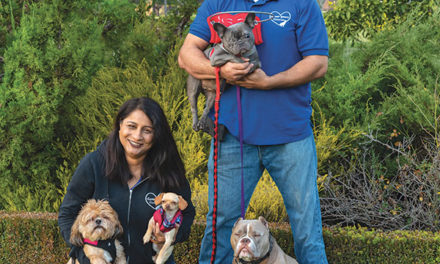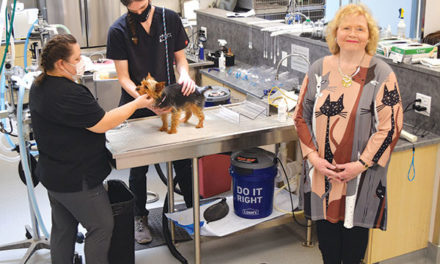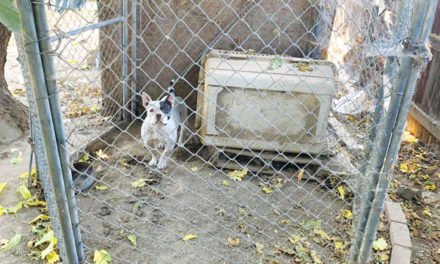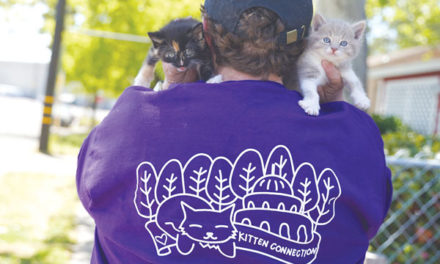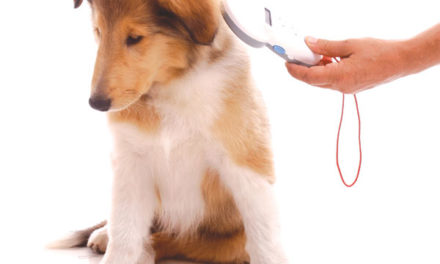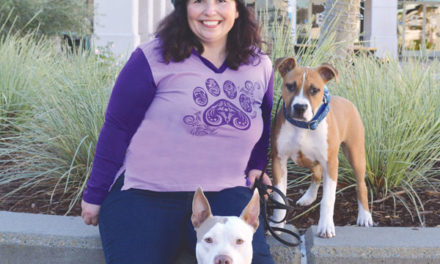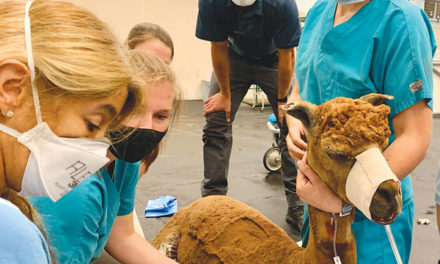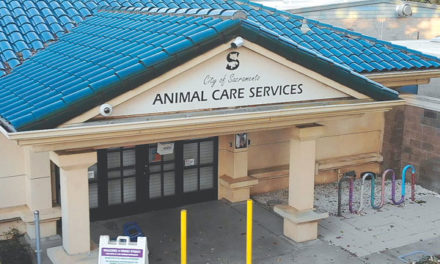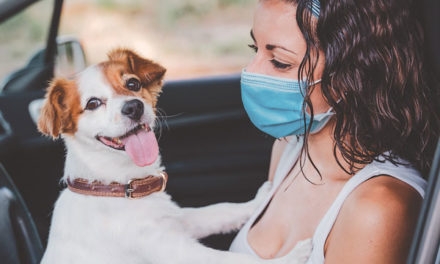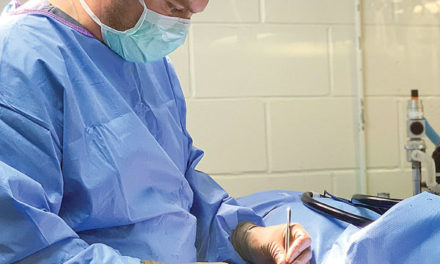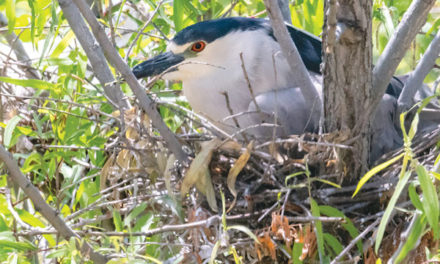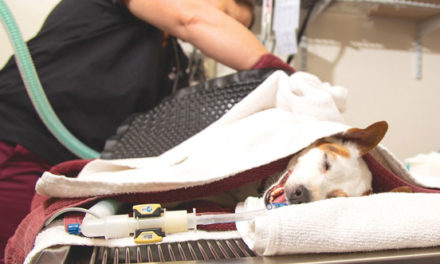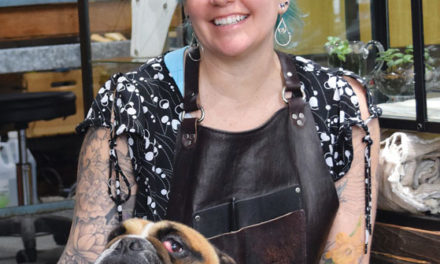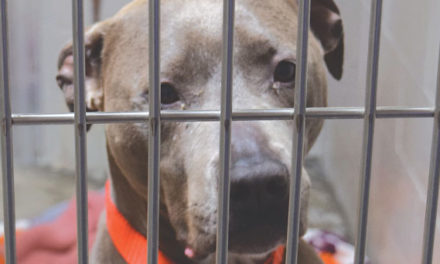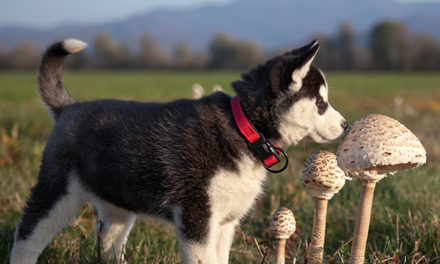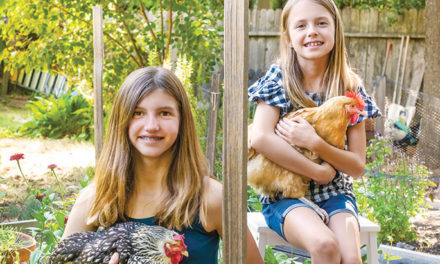Not long after my husband, Mark, and I moved into our Wilhaggin home, we decided to build a deck and pergola off the master bedroom. Mark is a man of many talents—he is a consultant for the state Legislature during the week, but on weekends he turns into a tool-toting maniac capable of building or renovating just about anything.
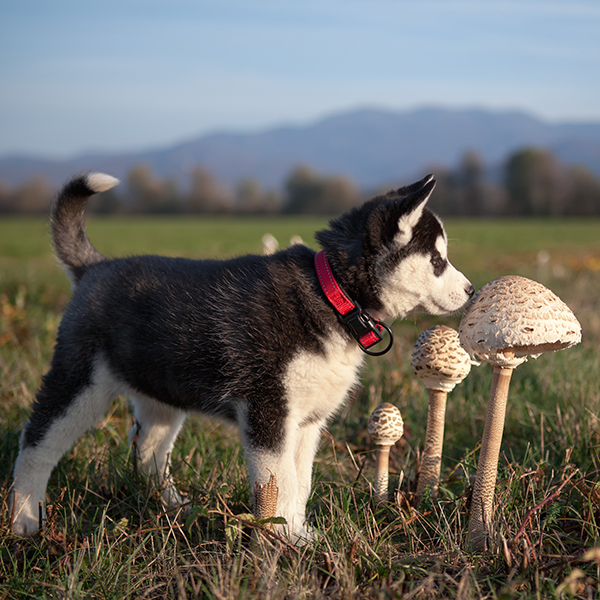
When the gorgeous redwood structure was complete, it called out for a decorative vine that would wrap around each of the four corner posts and provide a canopy of shade during Sacramento’s hot summers. Without a second thought, we ordered online four Tempranillo grape vines. In addition to being fast growing and hearty, the plants would provide Mark and his son the opportunity to become home winemakers.
What we didn’t consider—until one fall day when I came across our 10-pound terrier mix, Tammy, munching on a bunch of fallen fruit—was that grapes and raisins are toxic to pets. Even small amounts can cause kidney failure in dogs and cats, according to the American Society for the Prevention of Cruelty to Animals.
I also have noticed on my daily dog walk that wild mushrooms are popping up in lawns all around the neighborhood—sometimes overnight. Sacramento’s spring weather, with magnificent cloudbursts followed by sensational sunshine, provides the ideal environment for potentially poisonous fungi.
While some wild mushrooms are harmless, only an expert can determine which are dangerous and which are not. According to the University of California’s Agriculture and Natural Resources, our golden state has extremely poisonous mushrooms that look similar to safe mushrooms.
If you find toadstools growing in your yard, don’t take any chances—remove them immediately. And remember to keep an eye on your pooch while out walking.
In addition to grapes and wild mushrooms, there are many other foods that are perfectly fine for humans, but dangerous, even lethal, to pets. Some of the most common, according to ASPCA, are alcohol, avocados, chocolate, coffee and tea (caffeine), citrus (stems, leaves, peels, fruit, seeds), coconut and coconut oil, nuts (almonds, pecans, walnuts, macadamia), onions, garlic, chives, raw meat and eggs, salt and salty foods, and xylitol (artificial sweeter used in gum, candy, baked goods).
Signs that your pet has ingested a toxic substance include vomiting, diarrhea, panting, excessive thirst and urination, decreased coordination, weakness, difficulty breathing, tremors, seizures and unconsciousness.
But don’t wait for symptoms to appear. If you know or even suspect your pet has eaten something that could be poisonous, call your veterinarian immediately. If it is after business hours, call the nearest 24-hour emergency pet hospital (do you know where yours is?). Signs of serious poisoning can take hours to appear—after the damage is done.
The ASPCA Animal Poison Control Center also is available 24 hours a day, 365 days a year— call (888) 426-4435.
The good news is that our dog Tammy never had a negative reaction to her grape-gobbling endeavors. And we replaced the troublesome vines with four beautiful evergreen bower plants that provide us with fragment flowers instead of forbidden fruit.
Cathryn Rakich can be reached at crakich@surewest.net.








